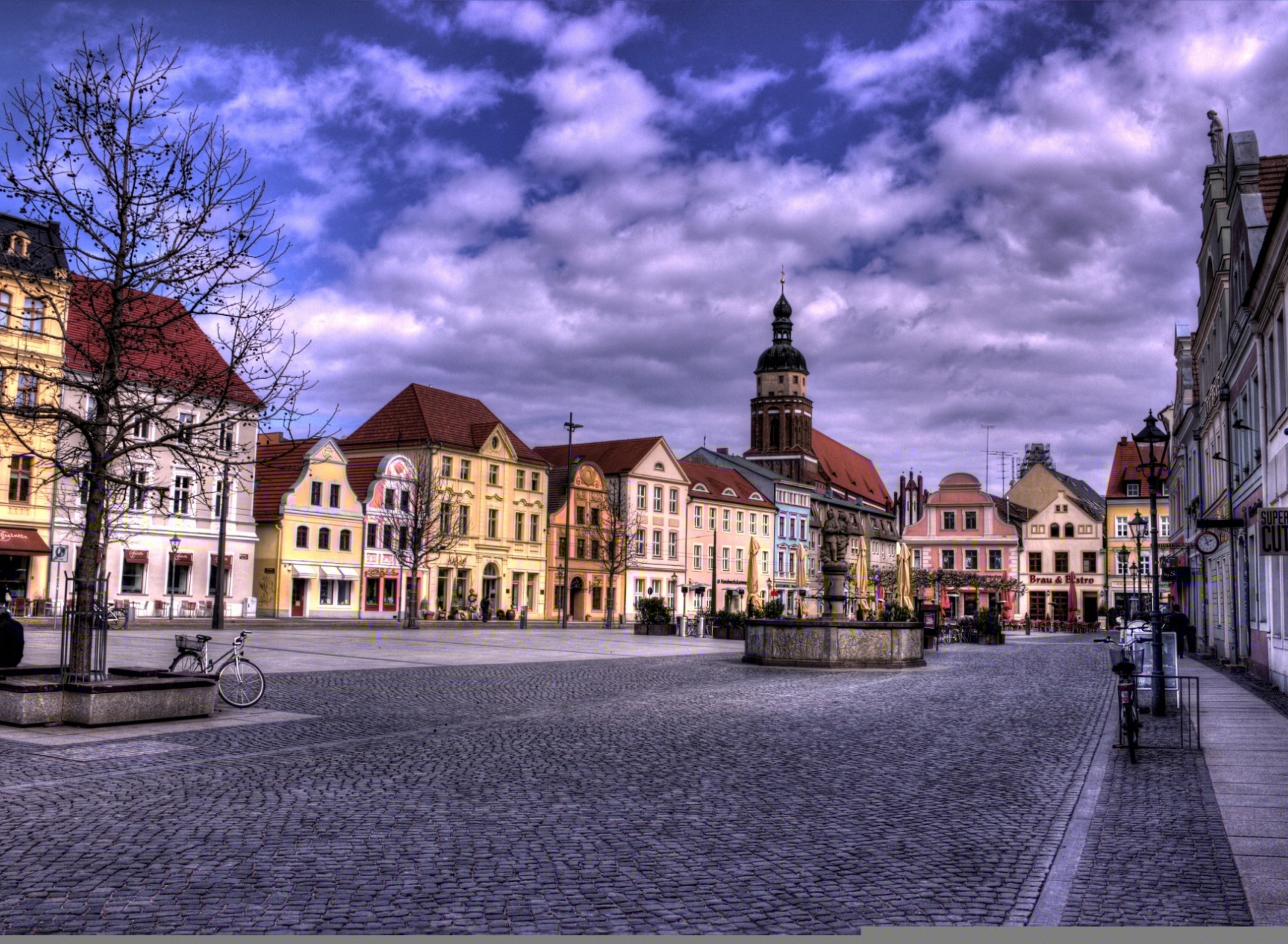

In Brandenburg, a state in the northeast of Germany, the corona pandemic has, since March 2020, almost completely brought tourism to a halt. Even after the cautious restart in May, the tourism industry is still struggling with massive sales losses and major uncertainties, which also significantly shifted priorities in the field. The main goal now is to avoid bankruptcies and to steadily restart the tourist industry in the region.
Even before the lockdown, there already were problems with accepting the growing tourist industry in the region, and there are certain reasons for that. On the one hand, the number of visitors in the region has been increasing continuously for years. Citizens perceive this as a possible cause for reduction in quality of life, which ultimately affects the quality of service and visitors’ experience. Since Berlin is the major source market, many “locals” feel “overrun”, especially by Berliners. However, this excess cannot be measured quantitatively, since there are no defined criteria for comparison.
At the same time, many Berliners act as investors, entrepreneurs and providers of quality tourist services in the Brandenburg region. They repair buildings and contribute to a more general upgrade of local life, which on itself leads to a gradual gentrification of rural areas. Land prices are rising and, unlike potential newcomers, locals often lack the financial resources that obviously creates a feeling of fundamental injustice among them: profits generated by tourism remain private, i.e. flow to providers from Berlin, for example, while the negative consequences are to be seen easily: increased traffic, price increases and everyday impairments. The positive effects such as income and employment effects, infrastructure development, cultural events quickly fade into the background, especially if this does not have much to do with the local public, but rather with wealthy city dwellers.
In the context of the Corona crisis, these mentality differences have widened even further. Due to the travel restrictions, a clear distinction is to be seen between the «locals» and “strangers”. For example, there are fears about city dwellers coming to the rural areas to spread the deadly virus. The feeling of not being welcome in turn has negative effects on the tourism industry in region, which still lies in ruins.
